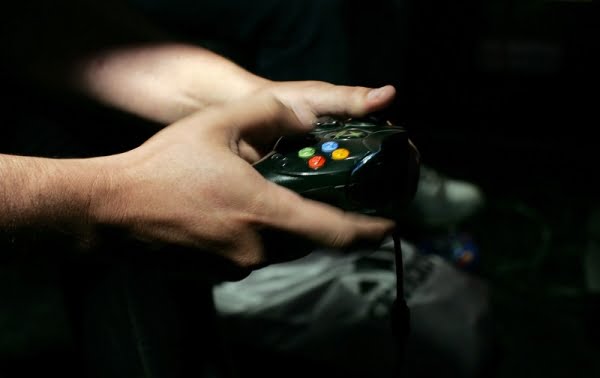

A 28-year-old Siberian man is suing Bethesda after he lost his job and wife because of Fallout 4.
The man from Krasnoyarsk is seeking 500,000 rubles (roughly $7,050) as compensation for the distress he suffered emotionally, saying that he was unaware that the game would “become so addictive.”
According to the man, Bethesda and SoftClub, a Russian localization company, should have placed a warning label on the game to let him know how addictive the game would be.
“If I knew that this game could have become so addictive, I would have become a lot more wary of it. I would not have bought it, or I would have left it until I was on holiday or until the New Year holidays,” the man says.
He discovered Fallout 4 via an advertisement, where he then downloaded the game and went on to excessively play it for three weeks, essentially starting his addiction.
As a result, he started to skip out on work until he was terminated from his job, and then he stopped seeing and talking to friends and family members. He also stopped to eat and sleep properly, causing his overall health to decline. To add insult to injury, his wife decided to leave him because of his detrimental habits.
If the case advances to a trial, it would be something unprecedented that’s brought to a court in Russia. The law firm on the plaintiff’s side says that it will have to “see how far [they] can go regarding this case.”
This isn’t the first time that a hearing related to video game addiction happened. Back in 2010, a Hawaiian man who goes by the name of Craig Smallwood sued South Korea-based game developer NCsoft because of Lineage II, noting that he wouldn’t have played the MMORPG if knew that “he would become addicted to the game.”
The U.S. federal judge who governed the trial sided with Smallwood, ordering the game developer to pay the plaintiff’s legal fees.
[“source-techtimes”]

